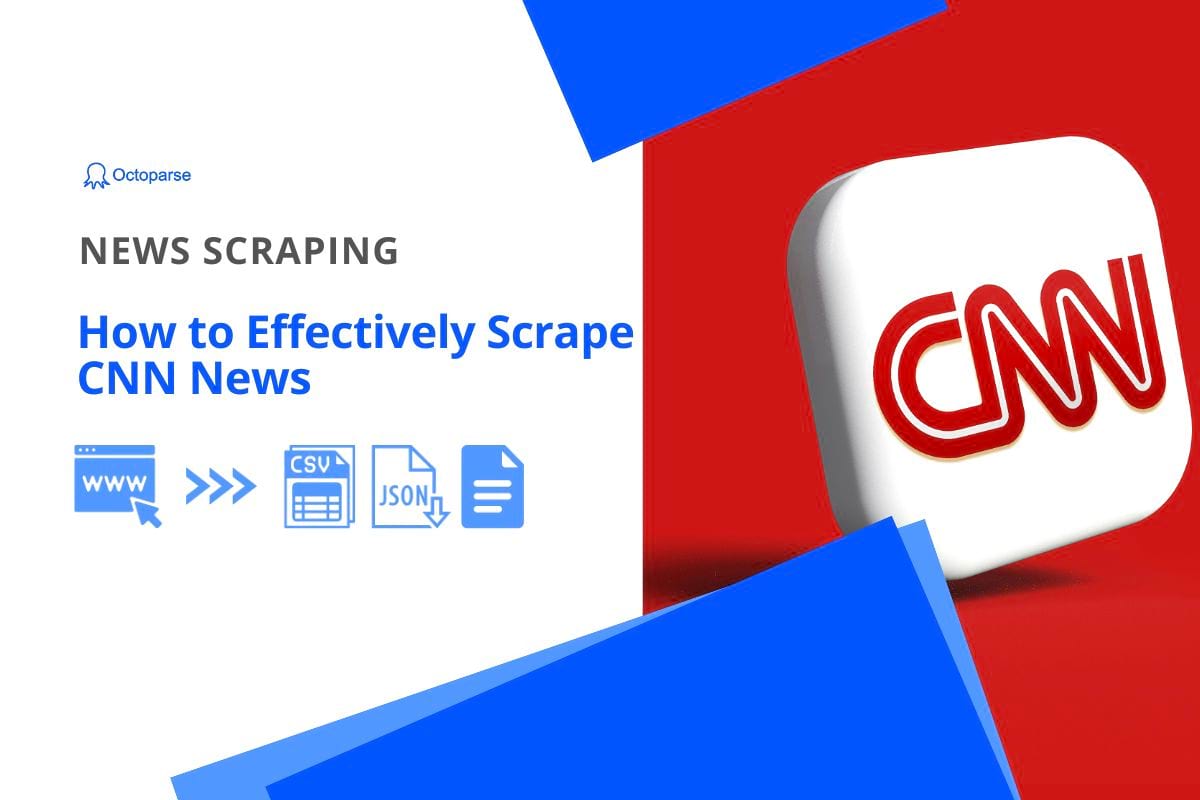
Understanding the Digital News Landscape
In an era where information flows faster than ever, extracting meaningful data from digital news platforms like CNN has transformed from a technical curiosity to a critical professional skill. Web scraping represents more than just a data collection technique—it‘s a sophisticated art form that bridges technological innovation with journalistic insight.
The Evolution of Digital Information Extraction
The journey of web scraping begins with understanding the complex digital ecosystem. News platforms like CNN generate massive amounts of content every minute, creating an unprecedented opportunity for researchers, analysts, and technology professionals to gain unprecedented insights.
Technical Foundations of Web Scraping
Web scraping isn‘t simply about pulling data—it‘s about intelligently navigating complex digital landscapes while respecting technological and legal boundaries. Modern scraping techniques require a nuanced understanding of website architectures, network protocols, and data extraction methodologies.
Network Communication Principles
When you initiate a web scraping process against CNN‘s digital infrastructure, you‘re essentially engaging in a sophisticated dialogue between your extraction tool and the website‘s server. This communication involves multiple layers of HTTP/HTTPS protocols, requiring precise technical configuration and strategic approach.
Key Communication Components
- Request headers
- Session management
- Authentication mechanisms
- Response parsing
- Data validation techniques
Advanced Extraction Methodologies
Python-Powered Scraping Techniques
Python has emerged as the premier language for web scraping, offering robust libraries and frameworks that enable sophisticated data extraction. Consider the following advanced implementation strategy:
import requests
from bs4 import BeautifulSoup
import pandas as pd
class CNNNewsExtractor:
def __init__(self, base_url):
self.base_url = base_url
self.headers = {
‘User-Agent‘: ‘Advanced News Research Tool/1.0‘
}
def extract_article_metadata(self, article_url):
response = requests.get(article_url, headers=self.headers)
soup = BeautifulSoup(response.content, ‘html.parser‘)
article_data = {
‘title‘: soup.find(‘h1‘).text if soup.find(‘h1‘) else ‘No Title‘,
‘author‘: soup.find(‘span‘, class_=‘author-name‘).text if soup.find(‘span‘, class_=‘author-name‘) else ‘Unknown‘,
‘publication_date‘: soup.find(‘span‘, class_=‘timestamp‘).text if soup.find(‘span‘, class_=‘timestamp‘) else ‘No Date‘
}
return article_dataThis sophisticated approach demonstrates a professional-grade extraction mechanism that goes beyond simple data retrieval.
Legal and Ethical Considerations
Navigating the legal landscape of web scraping requires meticulous attention to detail. While data extraction offers immense value, it must be conducted within strict ethical and legal frameworks.
Compliance Strategies
- Review platform terms of service
- Implement rate limiting
- Respect robots.txt configurations
- Obtain necessary permissions
- Anonymize collected data
- Avoid overwhelming server resources
Tool Ecosystem Analysis
Professional-Grade Scraping Platforms
Scrapy Framework
Scrapy represents a comprehensive web scraping framework offering unparalleled flexibility and performance. Its asynchronous architecture enables efficient, large-scale data extraction with minimal computational overhead.Selenium WebDriver
For websites with complex JavaScript rendering, Selenium provides a robust solution for dynamic content extraction. It simulates real browser interactions, enabling comprehensive data collection strategies.BeautifulSoup
An elegant parsing library that transforms raw HTML into structured, easily manipulable data formats. Its intuitive interface makes it accessible for both novice and experienced developers.
Performance Optimization Techniques
Effective web scraping isn‘t just about extracting data—it‘s about doing so efficiently and responsibly. Consider implementing these advanced optimization strategies:
Intelligent Request Management
- Implement exponential backoff algorithms
- Use proxy rotation mechanisms
- Develop sophisticated error handling
- Create comprehensive logging systems
Emerging Technologies in Web Scraping
Machine learning and artificial intelligence are revolutionizing data extraction techniques. Advanced neural networks can now:
- Automatically detect webpage structural changes
- Predict optimal extraction strategies
- Dynamically adapt to complex website architectures
Practical Implementation Recommendations
When approaching CNN news API scraping, consider a holistic strategy that balances technical capability with ethical considerations. Your approach should prioritize:
- Comprehensive research
- Robust technical infrastructure
- Continuous learning and adaptation
- Ethical data collection practices
Future Outlook
The web scraping landscape continues to evolve rapidly. Emerging technologies like advanced machine learning models and more sophisticated network protocols will reshape how we approach digital data extraction.
Conclusion: Empowering Digital Research
Web scraping represents a powerful intersection of technology, research, and ethical data collection. By understanding its complexities and approaching it with professionalism and respect, you can unlock unprecedented insights from digital news platforms.
Remember, successful web scraping is an art form that requires continuous learning, adaptation, and a deep respect for technological ecosystems.










